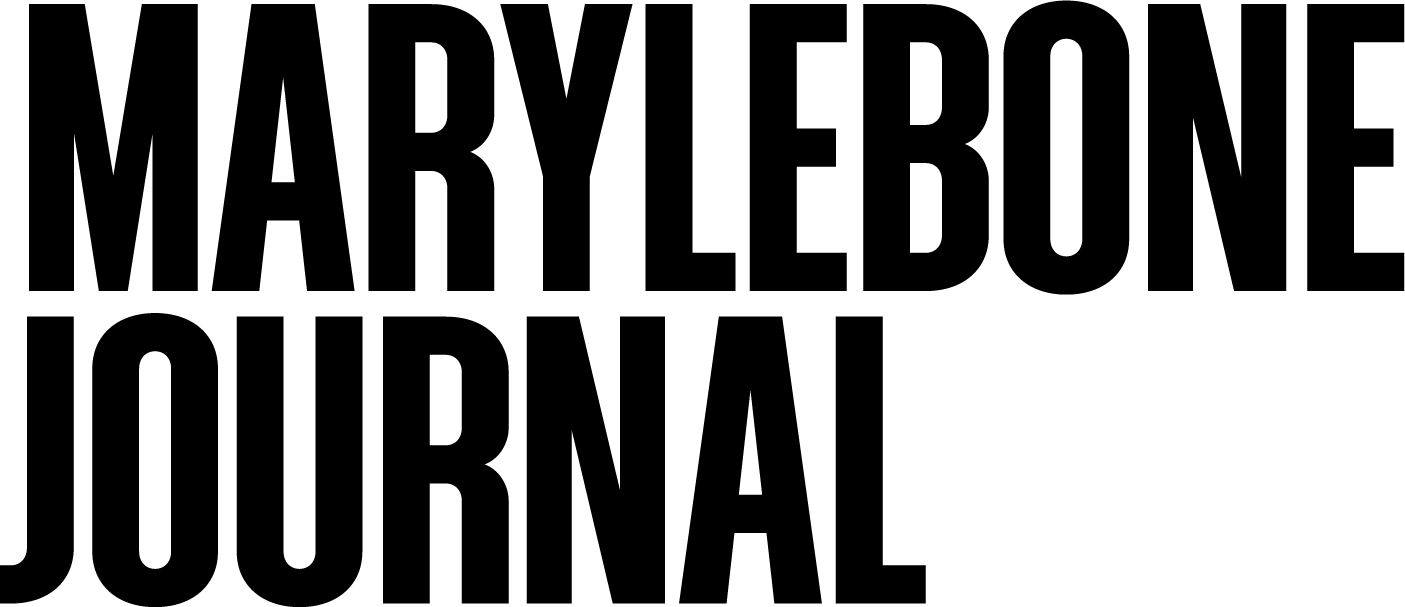Q&A: DAVE WYBROW
The director of The Cockpit theatre on the vibrant London fringe, the benefits of working in the round, and the accessibility of theatre
Interview: Ellie Costigan
Portrait: Orlando Gili
You came here for a month and stayed 20 years, so the story goes. Tell us about that.
I’ve worked in theatre for about 35 years. I’ve got a long association with this place, because it’s owned by United Colleges and I went there to do sound engineering. At the time I was a freelance director and dramaturge. They used this space for teaching for a bit and they wanted somebody to run it, so they got me in. For about 15 years I ran the building as a theatre for the college. Then they were going to sell it. I made a case to them that they should keep it on, because it’s one of the best-designed theatres in central London. It’s a uniquely excellent space. It’s been such a good thing in so many people’s lives, I’ve got to try and keep it here.
Do you set any parameters?
The London fringe was traditionally quite a vibrant, innovative, radical bit of the arts industry. Then a lot of venues found it difficult during the property boom to keep going, so we—along with other people—reinvented that idea; that the London fringe was somewhere you could go to if you had ideas and you were disruptive and you had some panache. There’s no artistic policy, really, and we’re proud of it.
We’re very interested in ‘motivated theatre’, which is theatre done by people who care about the subject matter for some reason. It might be about them, or they might be the only ones with the knowledge to do it, or they might have a particular audience. They probably won’t be involving rights holders outside, so they’ve got complete control over what happens on stage. We’re interested in work which offers some sort of critique; that addresses the now—or it’s just fun. We talk to everybody, about anything, at any time. We work with fanatics, in one way or another.
You mentioned venues having difficulties. Is there a decline in availability of this sort of space?
In the sixties or seventies, when there was an awful lot of radical theatre, people were living in squats. They didn’t have any rent to pay. It declined because the film industry grew, which attracted a lot of talent to it for a couple of decades, and because people couldn’t afford to do it. It all got terribly professional, and now there’s a reaction against that. There are, especially at this intermediate level, a lot of people thinking, well, the thing about theatre is you can say stuff. If you do film, you can spend four years getting one short film together; if you do theatre, it’s affordable, it’s flexible, you can chuck it on. We’re part of a new upswing in that kind of activity.
There’s also been a lot of talk surrounding a decline in funding for regional / amateur theatre. Have you found that to be the case? What impact has it had?
The market’s different. The Arts Council has stopped funding theatre companies; they fund projects. What got tough was touring. It’s really expensive to keep a show on the road. But people find a way of doing it. Brexit has knocked sponsorship, but London is a very vibrant live events market. The myth of people being on their phones all the time and not bothering to have any face time is a load of rubbish. And the more specialist, the more weird and wonderful, the more it thrives. It’s not just about West End shows or revivals of classic playwrights, or even new writing, it’s about all kinds of theatre. So although the funding has gone, the earned income side of innovative, comparatively low-tech theatre is really kicking, in my opinion.
How important is the fringe scene as a springboard for new talent?
It’s been a nostrum of the theatre industry for years, that it needs the fringe because it’s where people train. They don’t run internships at the Theatre Royal Drury Lane for actors. It’s also part of the way in which the people in the industry sustain themselves. You want to keep working. You can’t just wait for the big jobs to come along.
If you want to make theatre, you’ve got to do it somewhere where you’ve got control over the resources, and that’s going to be the fringe. The fringe is flexible, light on its feet, and there are audiences. It’s a very experiential artform and it takes a long time to get it right. It’s the art of the possible, and it’s endlessly diverse. You go and do your degree, and when you come out you think you know all about theatre. Then you realise they probably know more about theatre at the end of the pier at Folkestone than you do, because they’ve been doing it longer.
You put on all kinds of performances in the same space. Can that be challenging?
Theatre is very uneconomical, unless you’ve got it on for a long time. If you’re doing a show for two nights, you need a huge range of skills, but in tiny quantities. You’ve got a broad range of materials, but in tiny quantities. You’ve got to market it and get all the money back with two shows. The only other industry that compares is the restaurant industry. You make something in the day time, flog it in the evening, and people consume it on the premises. Only restaurants don’t have one sitting at 7:30pm.
The Cockpit scores because it’s a theatre in the round. If you’ve got a stage at one end, you’ve got, say, 100 seats in front of that stage. In the round, you’ve got 400 seats and everybody’s the same distance from the stage. You don’t need a bigger projector, or more actors, louder sound. This is a very good thing. It also means you’re not going to build big sets, because if you’re going in the round everybody has to be able to see something. It’s performance driven.
Is fringe theatre more accessible than traditional theatre?
I don’t know that there is an idea that theatre is inaccessible. People see theatre all the time. More people take part in amateur dramatics than go to football. It’s class-ridden, certainly. Academic theatre—Sam Shepard and Tennessee Williams, Shakespeare and Chekhov—that kind of audience tends to be middle class. But increasingly they’re not. They can be elitist, but that’s not the same as exclusive. Ninety per cent of that elitism will be the emperor’s new clothes; 10 per cent is genius and people haven’t caught up with it yet. And it’s worth having all those bits.
People make a lot of noise about exclusivity and it being predominantly white, but in my neck of the woods it isn’t predominantly anything. Sankara, our production at the moment, is mostly Afro-Caribbean staff. All of the producers I’ve worked with this year are women. And they’re brilliant. And the audiences grow and widen. All the trends are positive. I know you’re not supposed to be too upbeat, but I am. It’s a privilege to be working in this trade in London at this time.
The Cockpit has a refreshingly informal approach to theatre.
I believe in cheap nights out. I believe in good Friday nights that are a bit of a let-your-hair-down, I believe in good Saturday nights that are thought-provoking and wonderful and move you on, and I believe in theatre as a transformative group ritual. There’s space for all of that. And there’s certainly space for “let’s go down the Cockpit, it’s only a quid to get in”. A lot of the Theatre in the Pound [evenings of new drama, writing, cabaret and physical theatre for £1 will be rubbish, and very welcome rubbish it is too. Because in that rubbish, at some point, there’ll be some moment—it might be seconds long—you’ll think, that’s brilliant. You’re always panning for gold, in this trade. And you find it.


